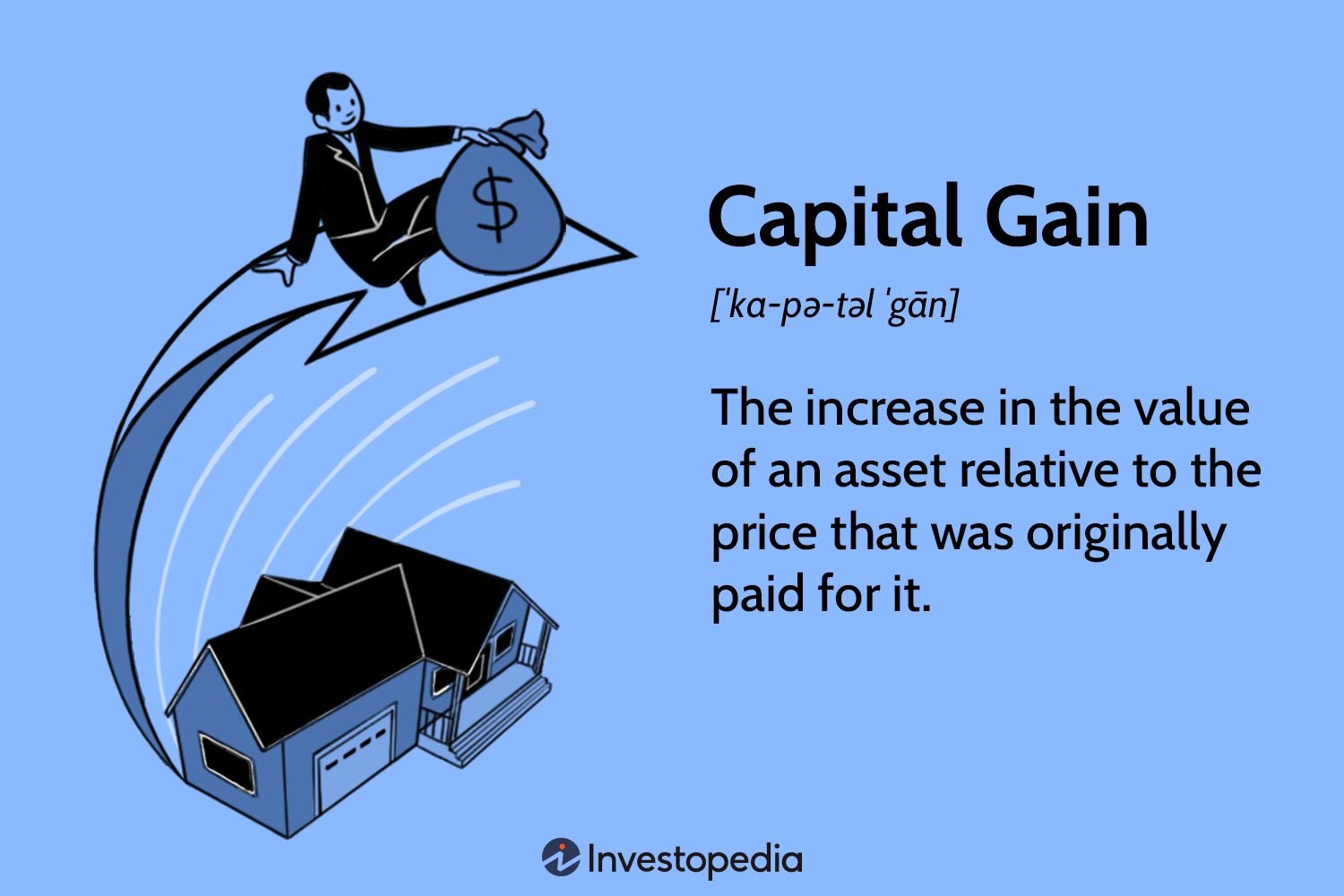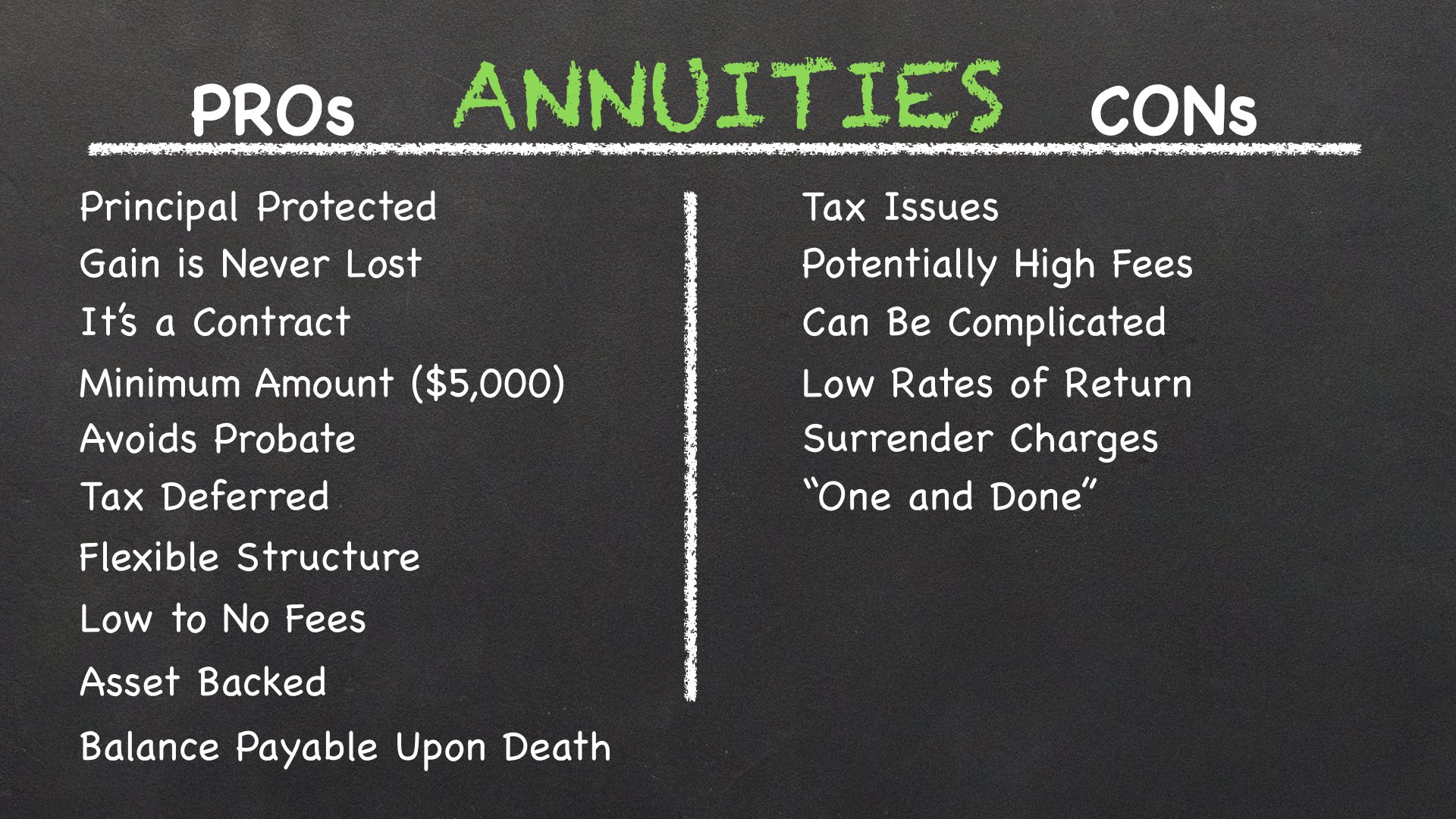Predatory lending can be a devastating trap for unsuspecting borrowers. But fear not! In this blog article, we will delve into what exactly predatory lending is and, more importantly, how to avoid falling victim to it. So whether you’re considering a loan or are simply curious about the topic, keep reading to gain valuable insights and practical tips on protecting yourself from the dangers of predatory lending. Ready to become an informed borrower? Let’s dive right in!
What is Predatory Lending and How to Avoid it
Predatory lending is a deceptive practice in the financial industry where lenders take advantage of vulnerable borrowers by imposing unfair terms and conditions on loans. These lenders often target individuals or communities with low income, limited financial literacy, or a lack of access to traditional banking services. Predatory lending can occur in various forms, such as payday loans, subprime mortgage loans, car title loans, and high-interest personal loans. It is crucial to understand the tactics used by predatory lenders and take proactive steps to avoid falling victim to their schemes. In this article, we will explore the concept of predatory lending in detail and provide you with practical tips to steer clear of such practices.
Common Signs of Predatory Lending
Recognizing the warning signs of predatory lending is the first step towards protecting yourself from these exploitative practices. Here are some common red flags to watch out for:
- High-Interest Rates: Predatory lenders often charge exorbitant interest rates that are significantly higher than the market average. These rates can make it difficult for borrowers to repay their loans, leading to a cycle of debt.
- Unfair or Hidden Fees: Beware of lenders who impose excessive fees or include hidden charges in the loan agreement. These fees can quickly add up and burden borrowers with unexpected expenses.
- Balloon Payments: Some predatory loans have a relatively low monthly payment but require a large lump sum payment, known as a balloon payment, at the end of the loan term. This can catch borrowers off guard and lead to financial distress.
- Prepayment Penalties: Predatory lenders may impose hefty penalties if borrowers attempt to repay their loans early. This discourages borrowers from refinancing their loans or seeking better repayment options.
- Aggressive Sales Tactics: Lenders who use high-pressure sales tactics or try to rush you into signing the loan agreement without thoroughly explaining the terms should raise suspicion. Take your time to understand the terms and ask questions before committing to any loan.
- Unlicensed Lenders: Verify the legitimacy of lenders by checking their licenses and credentials. Unlicensed lenders may not adhere to industry regulations and may engage in predatory practices.
How to Avoid Predatory Lending
Protecting yourself from predatory lending requires vigilance and informed decision-making. Here are some effective strategies to help you avoid falling victim to these deceptive practices:
1. Educate Yourself about Financial Literacy
Enhancing your financial literacy is crucial in protecting yourself from predatory lending. Take the time to understand the various loan types, interest rates, fees, and repayment terms. Familiarize yourself with the laws and regulations governing lending practices in your area. The more knowledge you acquire, the better equipped you will be to make informed decisions when borrowing money.
2. Compare Multiple Lenders
Don’t settle for the first lender you come across. Instead, shop around and compare the offerings of multiple lenders. Evaluate their interest rates, fees, repayment terms, and customer reviews. By gathering multiple options, you can make a more informed decision and select a lender that provides fair and transparent terms.
3. Review and Understand Loan Documents
Before signing any loan document, carefully review all the terms and conditions. If you don’t understand certain clauses or find them ambiguous, seek clarification from the lender or consult a financial advisor. Don’t hesitate to ask questions and ensure that you fully comprehend the implications of the loan agreement.
4. Seek Recommendations and Read Reviews
Check with friends, family, or colleagues who have taken out loans in the past. Seek their recommendations and insights into reputable lenders. Additionally, read online reviews and testimonials about the lenders you are considering. This can provide you with valuable feedback from other borrowers and help you make an informed decision.
5. Avoid Payday Loans or Cash Advances
Payday loans and cash advances often come with extraordinarily high-interest rates and short repayment terms. These loans are designed to trap borrowers in cycles of debt and are considered one of the most predatory lending practices. Explore alternative options, such as personal loans from reputable banks or credit unions, before considering payday loans.
6. Consult a Financial Advisor
If you are unsure about a particular loan or feel overwhelmed by the options available, consider seeking advice from a financial advisor. These professionals can provide unbiased guidance tailored to your specific financial situation and help you make informed decisions.
7. Understand Your Rights
Familiarize yourself with consumer protection laws and regulations that safeguard borrowers’ rights. Understand your right to dispute unfair or deceptive practices and report predatory lenders to the appropriate authorities. Being aware of your rights empowers you to take action against predatory lending and protect yourself from financial harm.
8. Improve Your Credit Score
Maintaining a good credit score can significantly lower your chances of falling victim to predatory lending. A higher credit score makes you eligible for loans with better terms and conditions. Focus on paying bills on time, reducing debt, and managing your credit responsibly to improve your credit score over time.
9. Consider Credit Counseling or Nonprofit Organizations
If you are struggling with debt or have concerns about your financial situation, consider seeking assistance from credit counseling agencies or nonprofit organizations. These organizations can help you develop a realistic budget, negotiate with lenders, and provide valuable resources to improve your financial well-being.
By implementing these strategies and staying vigilant, you can protect yourself from predatory lending and make informed decisions when borrowing money. Remember, financial empowerment starts with knowledge and awareness.
What Is Predatory Lending and How does it works | How to avoid predatory lenders
Frequently Asked Questions
Frequently Asked Questions (FAQs)
What is predatory lending?
Predatory lending refers to unethical lending practices where lenders take advantage of borrowers by offering loans with unfair terms and high interest rates. These lenders often target vulnerable individuals who may not be able to qualify for traditional loans.
How can I identify predatory lending?
Here are some signs that may indicate predatory lending:
– High interest rates and fees
– Pressure to borrow more than needed
– Lack of transparency in loan terms
– Unlicensed lenders
– Negative reviews or complaints about the lender
What are the risks of predatory lending?
Predatory lending can lead to several risks, including:
– Burdensome debt
– Foreclosure or repossession of assets
– Damage to credit score
– Financial instability
– Increased stress and anxiety
How can I avoid predatory lending?
To avoid predatory lending, follow these tips:
– Research and compare lenders before borrowing
– Read and understand all loan documents before signing
– Be cautious of lenders who pressure you into borrowing more than you need
– Check for proper licensing and credentials of the lender
– Seek advice from a trusted financial advisor or counselor
What are some alternatives to predatory loans?
Consider these alternatives instead of predatory loans:
– Credit union loans
– Personal loans from reputable banks or online lenders
– Peer-to-peer lending platforms
– Borrowing from friends or family
– Government assistance programs
Are payday loans considered predatory lending?
Payday loans often exhibit predatory lending characteristics due to their extremely high interest rates and short repayment periods. Borrowers should be cautious when considering payday loans and explore other alternatives before resorting to them.
Can I report predatory lending?
Yes, you can report predatory lending practices. Contact your state attorney general’s office, consumer protection agency, or local regulatory authorities to file a complaint and provide any necessary evidence of the predatory lending activity.
What should I do if I have been a victim of predatory lending?
If you have been a victim of predatory lending, take the following steps:
– Gather all the loan documents and evidence of the unfair practices
– Consult with a legal professional specializing in consumer rights or predatory lending
– Report the incident to appropriate regulatory authorities or consumer protection agencies
– Consider seeking financial counseling to help you manage the consequences of the predatory loan.
Final Thoughts
Predatory lending is a harmful practice that takes advantage of vulnerable borrowers, often through deceptive tactics and high-interest rates. To avoid falling victim to predatory lending, it is essential to be vigilant and informed. Do thorough research on lenders and their terms, ensuring they are reputable and transparent. Read and understand all loan documents, paying close attention to interest rates, fees, and any hidden charges. Seek out alternative options such as credit unions or nonprofit organizations that offer fair and affordable loans. By being proactive and staying informed, you can protect yourself from predatory lending practices and make informed financial decisions. Remember, knowledge is power when it comes to avoiding predatory lending.



